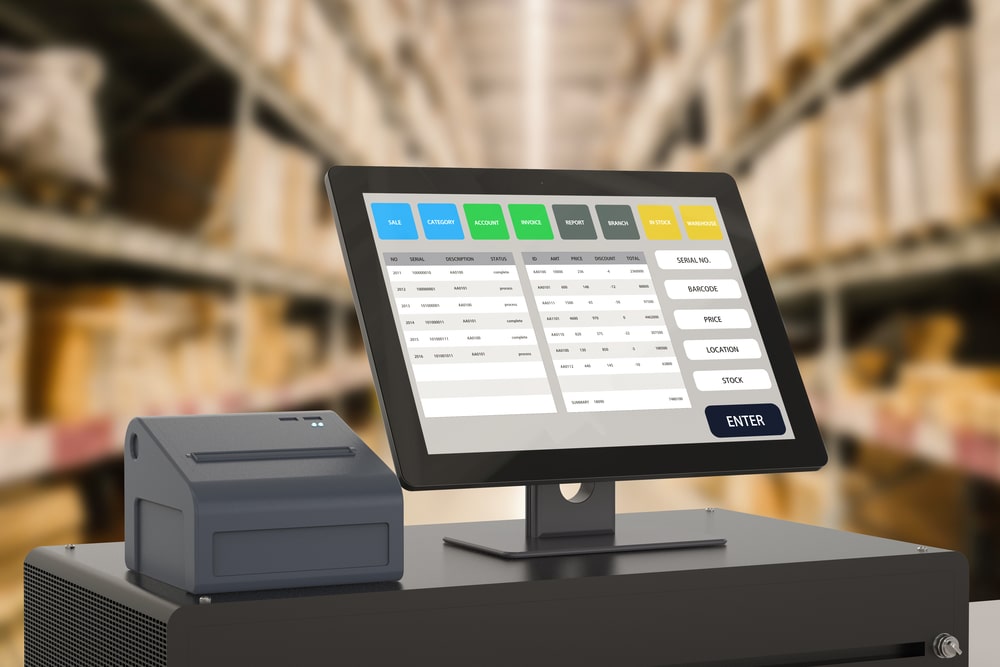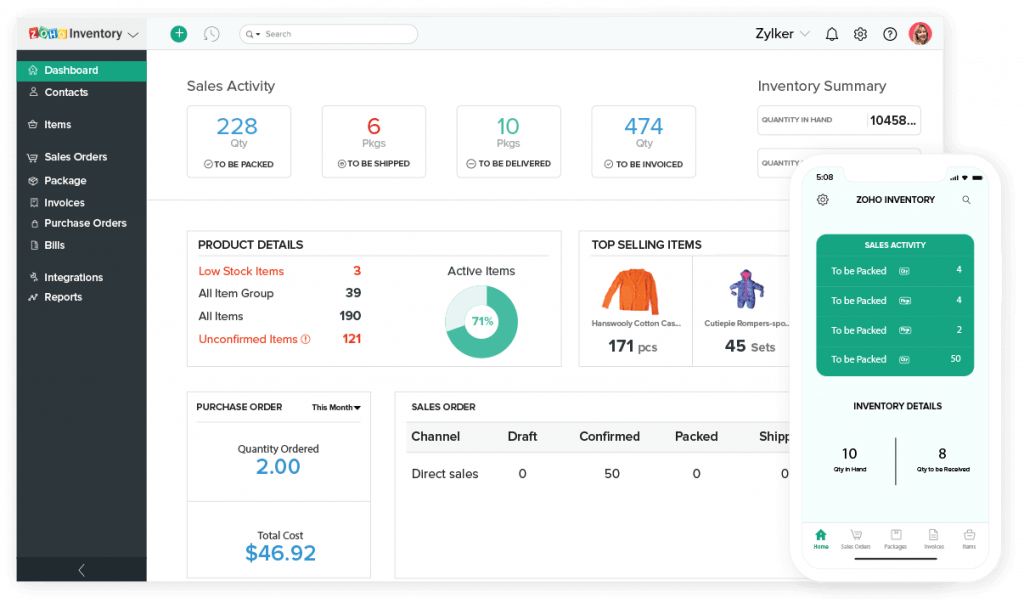What is the best inventory software for small business – As the search for the best inventory software for small businesses takes center stage, this comprehensive guide delves into the intricacies of inventory management, empowering entrepreneurs with the knowledge to make informed decisions and optimize their operations.
Navigating the myriad of software options available, we meticulously evaluate features, pricing, and customer support, ensuring you find the perfect fit for your unique business needs.
Cost and Value Analysis

Inventory software pricing models vary depending on the vendor and the features offered. Some common pricing models include:
- Subscription-based pricing:This model charges a monthly or annual fee for access to the software and its features.
- Tiered pricing:This model offers different pricing tiers based on the number of users, features, or storage capacity.
- Per-transaction pricing:This model charges a fee for each transaction processed through the software.
To calculate the return on investment (ROI) for implementing inventory software, consider the following factors:
- Cost of the software:This includes the purchase price, subscription fees, and any additional costs for implementation or training.
- Benefits of the software:This includes increased efficiency, reduced inventory costs, and improved customer service.
- Timeframe for ROI:This is the period over which the benefits of the software are expected to exceed its cost.
ROI = (Benefits of the software
Cost of the software) / Cost of the software x 100%
For example, if a small business spends $500 on inventory software and expects to save $1,000 in inventory costs over the next year, the ROI would be:ROI = ($1,000
$500) / $500 x 100% = 100%
This means that the business would recover its investment in the software within one year.
Case Studies and Success Stories

Real-world examples of small businesses that have benefited from inventory software provide valuable insights into its effectiveness. These case studies showcase the specific challenges faced by these businesses and how the software helped them overcome them.
Case Study: Online Retailer, What is the best inventory software for small business
- Challenge:Managing inventory across multiple warehouses and sales channels, leading to stockouts and overstocking.
- Solution:Implemented inventory software that provided real-time visibility into inventory levels, automated inventory replenishment, and optimized warehouse operations.
- Results:Reduced stockouts by 50%, increased inventory turnover by 20%, and improved customer satisfaction.
Emerging Trends and Innovations: What Is The Best Inventory Software For Small Business

Inventory management software for small businesses is constantly evolving, with new trends and innovations emerging all the time. These advancements are driven by the need for businesses to become more efficient, accurate, and cost-effective in their inventory management practices.
One of the most significant trends in recent years has been the adoption of cloud-based inventory management software. Cloud-based software offers a number of advantages over traditional on-premise software, including:
- Accessibility:Cloud-based software can be accessed from anywhere with an internet connection, making it easy for businesses to manage their inventory remotely.
- Scalability:Cloud-based software can be easily scaled up or down to meet the changing needs of a business.
- Cost-effectiveness:Cloud-based software is typically more cost-effective than on-premise software, as businesses do not need to invest in hardware or software maintenance.
Another major trend in inventory management software is the use of artificial intelligence (AI). AI can be used to automate a variety of tasks, such as:
- Inventory forecasting:AI can be used to forecast future demand for inventory, helping businesses to avoid overstocking or understocking.
- Inventory optimization:AI can be used to optimize inventory levels, helping businesses to reduce their carrying costs.
- Fraud detection:AI can be used to detect fraudulent activity, such as theft or counterfeiting.
These are just a few of the emerging trends and innovations in inventory management software for small businesses. As technology continues to evolve, we can expect to see even more innovative and groundbreaking solutions emerge in the years to come.
Questions Often Asked
What are the key features to look for in inventory software?
Inventory tracking, order management, reporting, barcode scanning, mobile accessibility, and integration with other business systems.
How do I calculate the ROI for implementing inventory software?
Compare the cost of the software to the potential savings in inventory costs, labor costs, and increased sales.
What are the latest trends in inventory management software?
Artificial intelligence (AI), cloud computing, and predictive analytics are revolutionizing inventory management.